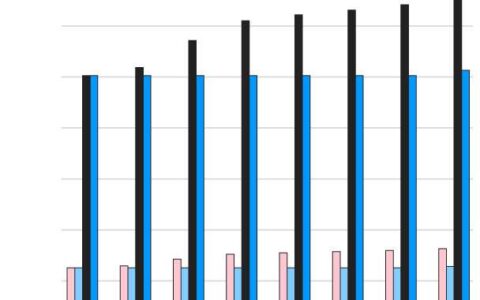Chinese regulators have moved to close a loophole that allowed local government financing vehicles (LGFVs) to amass significant debt through offshore bonds. According to four sources familiar with the matter, LGFVs, which are entities established by local governments in China for funding infrastructure investments, have been instructed to cease issuing offshore bonds with a 364-day duration.
The cumulative debt of LGFVs has soared to an estimated $9 trillion, becoming a significant concern for China’s decelerating economy. Consequently, the Beijing government has implemented several measures to mitigate the risks associated with local government debt. The issuance of new LGFV debt is now under stringent regulation.
This directive follows a trend observed last year, where numerous LGFVs issued 364-day offshore bonds. This appeared to be an effort to sidestep a regulation mandating approval for any borrowing outside China with maturities exceeding a year.
The State Administration of Foreign Exchange (SAFE) of China, in a statement to Reuters, clarified that no new cross-border financing policies had been introduced. However, SAFE emphasized its commitment to cooperating with relevant departments to minimize LGFV risks by strictly controlling new borrowings and resolving existing debts.
LGFVs have faced challenges in securing onshore financing and require authorization from regulatory bodies like the National Development and Reform Commission (NDRC) for issuing offshore debt, except for bonds with less than a year’s maturity. The NDRC’s regulations on medium and long-term foreign debt, published in January 2023, stated that offshore debt financing with maturities under one year did not require approval. This led to the issuance of 27 offshore LGFV bonds with 364-day durations in 2023, primarily after October, featuring yields above 6%, as reported by TianFeng Securities.
A source at a brokerage familiar with LGFV issuances noted that the issuing of 364-day offshore LGFV bonds has been halted, citing that such bonds were unregulated and contradicted the government’s debt resolution efforts.
The Shandong Province was particularly active in this area, issuing 12 such bonds and raising over $1 billion. Another source from a private fund pointed out the inherent risks associated with these offshore bonds, remarking on the unrealistic nature of easily obtaining double-digit yields on them.
In summary, China’s move to restrict the issuance of 364-day offshore bonds by LGFVs represents a significant step in its broader strategy to control the escalating debt of local government entities and stabilize its economic environment.











